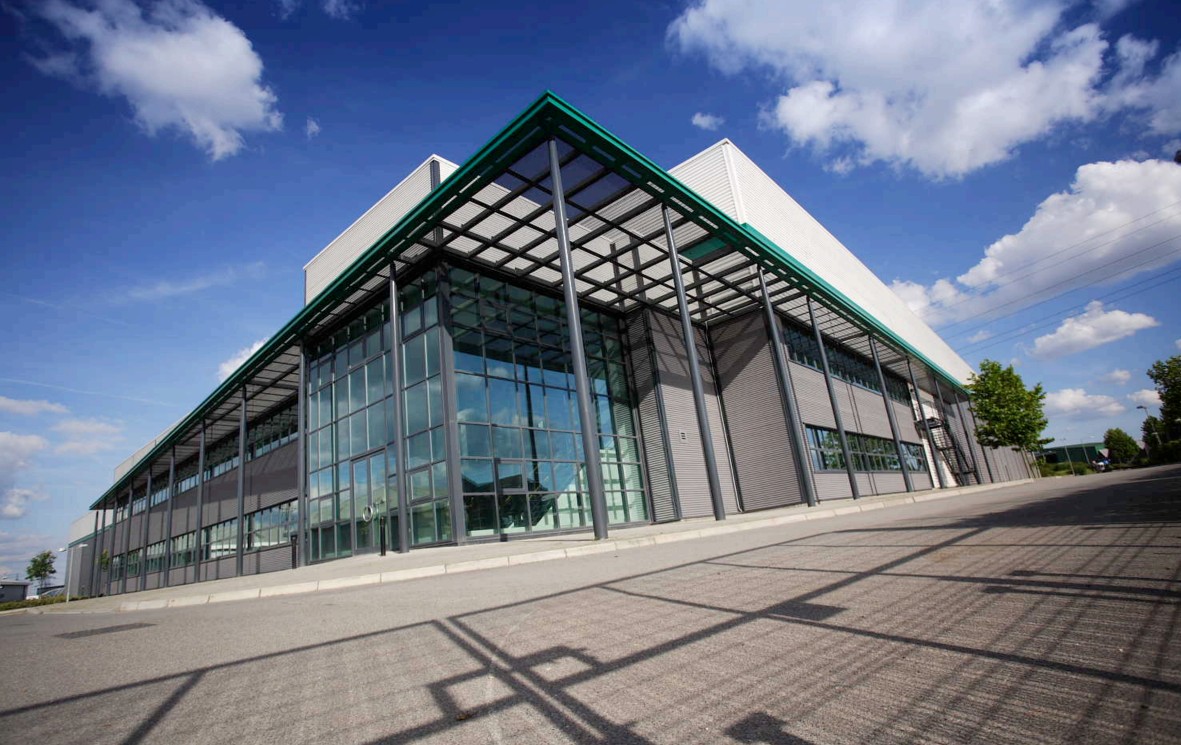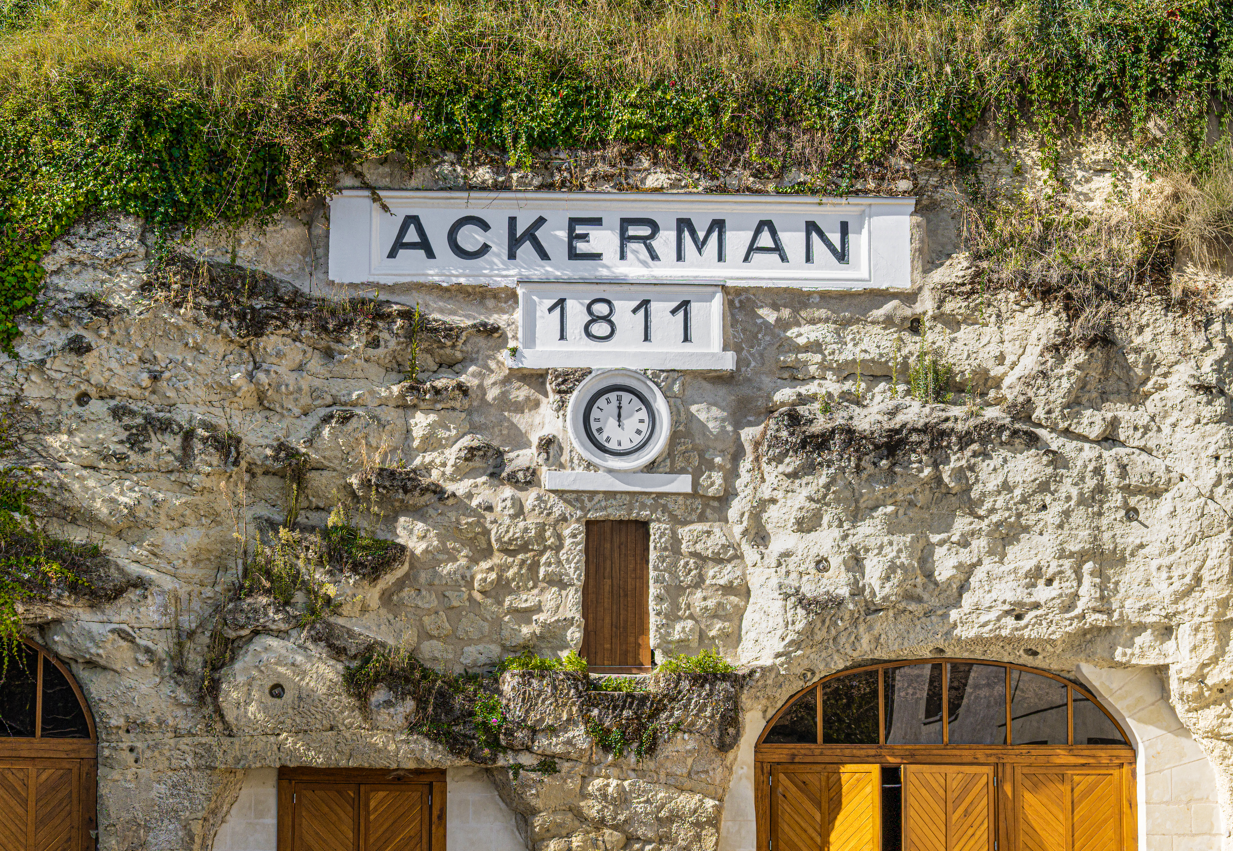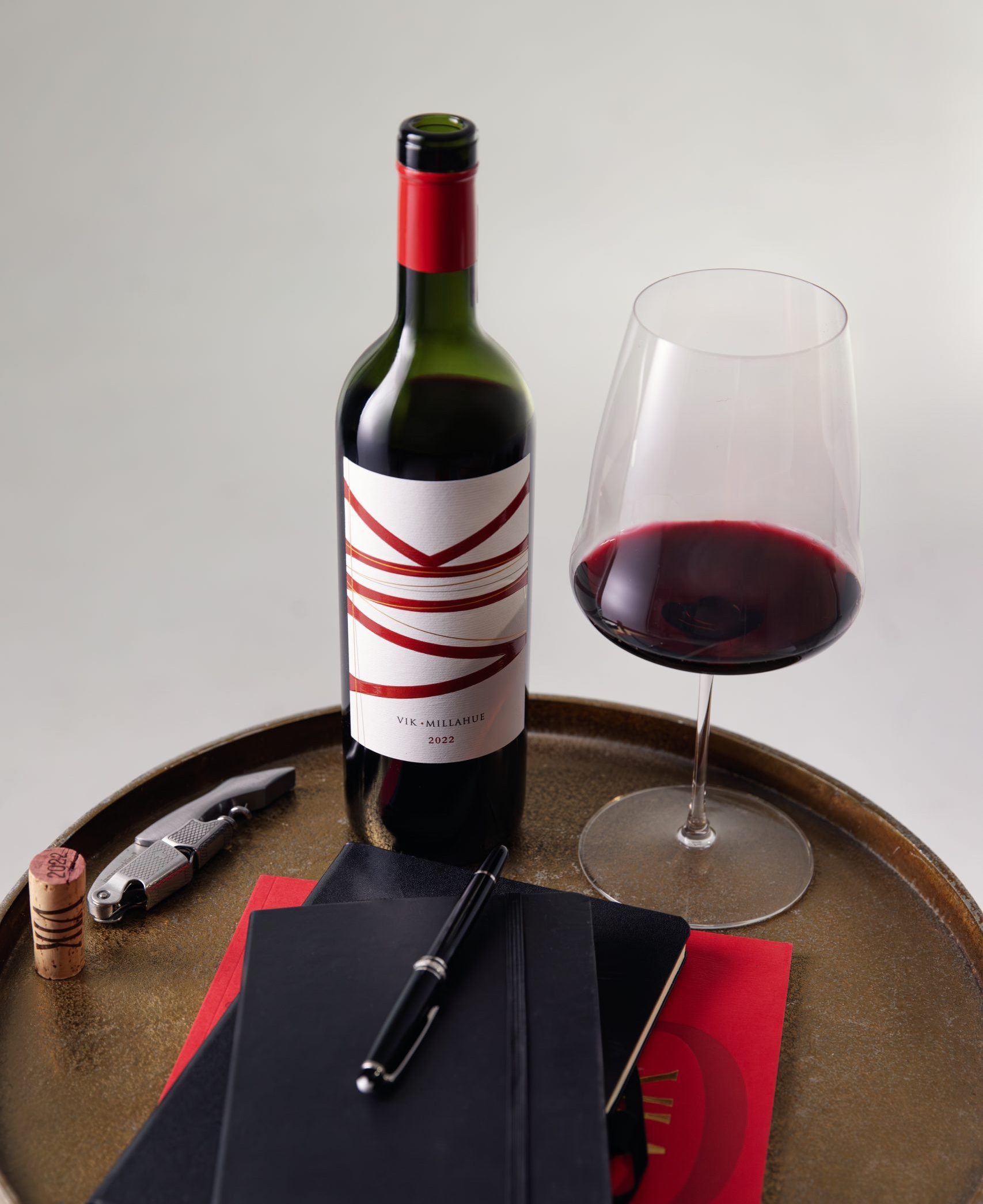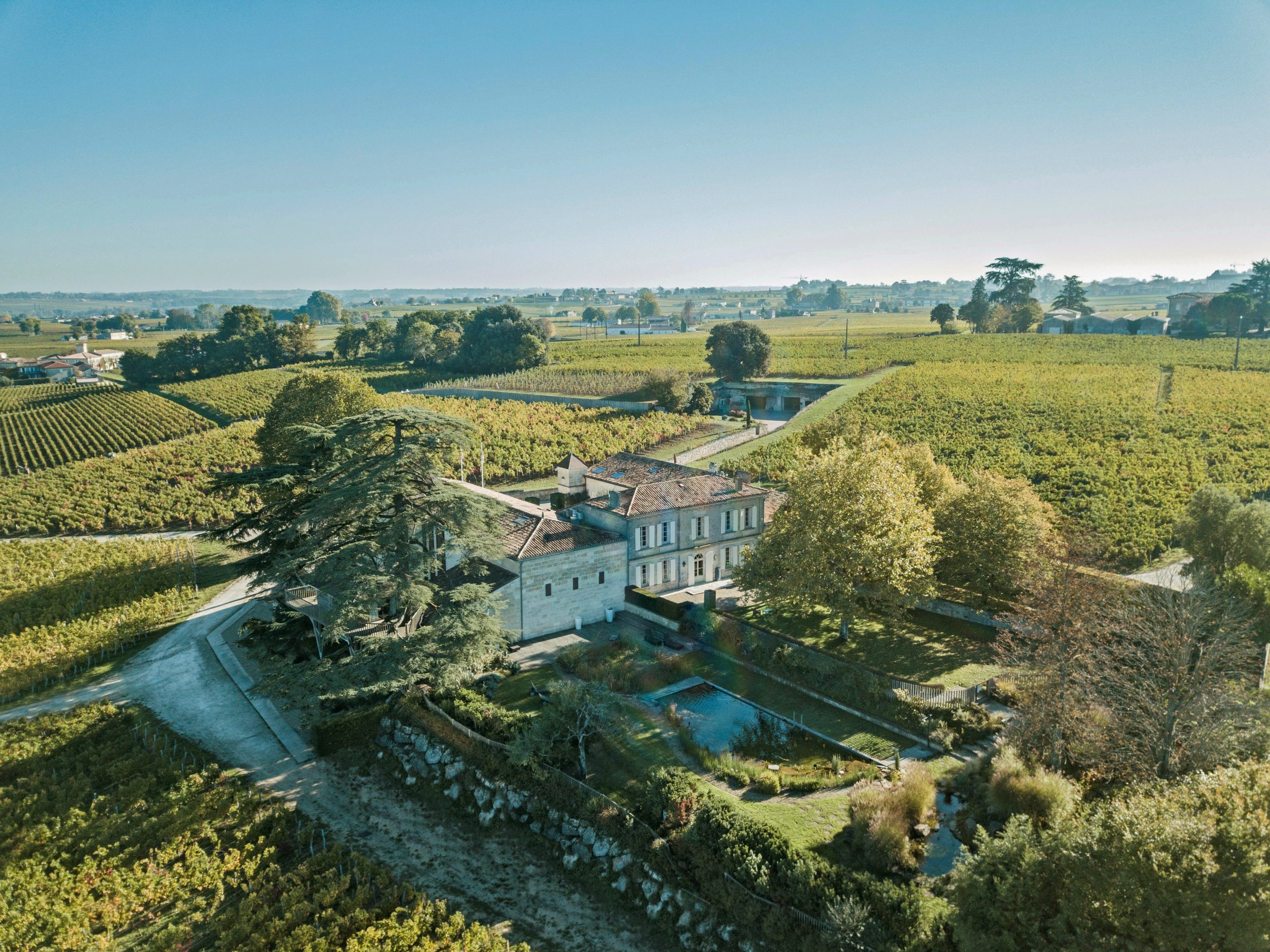How White Claw came to dominate hard seltzer
Just as Guinness is effectively synonymous with stout the world over and for many years Bacardi was by far the dominant white rum, White Claw is again becoming the go to name in alcoholic seltzers. Ron Emler reports.

White Claw, owned by Mark Anthony Brands, was the category trail blazer, launching as a malt-based light alcohol beverage in 2016.
By 2019, hard seltzers were all the rage with the market dominated by White Claw and Boston Beer’s Truly offering. Suddenly, every major alcohol group was entering the market, while US brewers were launching offerings based on already-successful mass brand names, such as Budweiser.
Though it never quite achieved volume or market share parity with White Claw, Boston Beer’s Truly was reckoned to be the ultimate big winner after it was launched in 2017.
Virtually every analyst reckoned that based on Boston Beer’s cult following and distribution clout, Truly would become the dominant player. And Boston’s management were desperate to cash in
“Truly continues to generate triple-digit volume growth and we are continuing to expand package and draft distribution across all channels,” chief executive David Burwick said on the brewer’s 2019 performance.
Boston chalked up a 25% increase in sales in 2020, much of that down to Truly.
By spring 2021, when demand for hard seltzers peaked, Boston was projecting annual growth of the category at up to 90% with Truly destined to be the star performer.
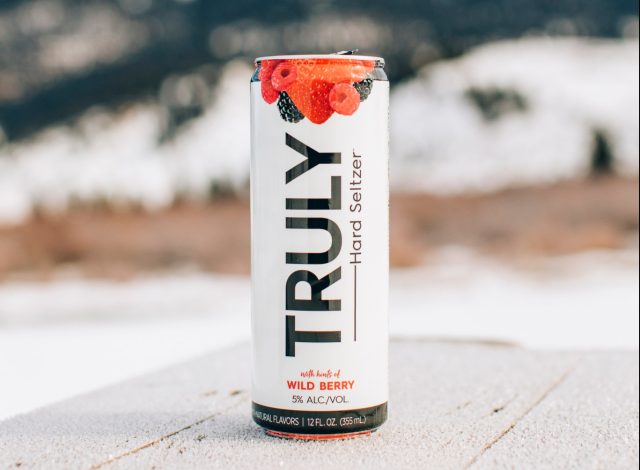
But the coronavirus pandemic radically altered markets and drinking habits and the pace of uptake suddenly reversed, leaving brand owners with very red faces indeed.
The home cocktail boom was in full flow and seltzers took a pounding.
Over the rest of 2021, Truly brand became the horror story for the seltzer segment at large. By late July 2021, Boston admitted that it had “overestimated” hard seltzer demand and two months later it ditched the financial guidance to investors it had issued only two months earlier.
In October 2021, CNBC reported that Boston planned to destroy “millions of cases” of Truly produced to meet demand that never materialized. Contract brewers were paid millions of dollars in compensation for capacity that went unused.
Partner Content
Meanwhile the new entrants ploughed ahead. Constellation Brands launched its Modelo seltzer so successfully that demand outpaced production with widespread out of stocks and by the first week of July 2021, the peak of demand for malt-based seltzers, White Claw’s market share had been eroded to 39%.
Return to growth
Today, according to reported comments by Daniel Wandel of Mark Anthony Brands’ White Claw has returned to growth and its market share is in “the mid-50s”. One source puts it at nearly 57%.
The company owns the top five SKUs in the beverage alcohol seltzer category and so far this year has sold 16 million cases, more than a million more than 350 other brands combined.
Significantly, Wandel is reported as claiming, White Claw leads the market in household penetration and with consumers between 21 and 34, the target market.
But despite White Claw’s seeming resurgence recent analysis from giant banking group Citi shows hard seltzers continuing a downward path.
In the 12 weeks to the end of May the category commanded 7.2% of the beer, cider and “Fulfilment by Merchant segment after peaking at 12.1% in July 2021. Overall Mark Anthony’s Brands’ sales fell by 2.5% in the three months while Boston’s fell by 30% with its seltzers share down to 23%, just under half of what it held two years ago.
AB InBev’s hard seltzer sales were 48.1% lower while Constellation’s Modelo fell by 397 basis points on a year earlier.
Winning formula
So while malt-based hard seltzers continue to slide in popularity, White Claw is commanding a larger slice of that diminishing demand.
It’s winning formula has been based on recognising and adapting to the trend triggered in the Covid crisis – the rapid growth of cocktails and spirits-based RTDs.
White Claw’s successful marketing drive over the past year has been based on “vodka and soda” flavour variants, despite the proliferation of low alcohol based RTD’s from the giant distillers.
Meanwhile, Coors has pulled out of the market, Boston is giving Truly another reformulation and AB Inbev is licking its wounds from losing the court case with Constellation about whether the Modelo formulation is a “beer” i.e. malt based.
Even worse for AB Inbev, it is fighting the negative conception that more than half the US public believes its Bud Light seltzer contains beer (not spirits) – and that was before the Dylan Mulvaney marketing disaster hit the whole Bud Light stable.
Related news
California wine giant Gallo to close 28ha Napa site
Hoopes Vineyard fights 'unconstitutionally excessive' fines
Sotheby's to offer wine cellar of New York sculptor Joel Shapiro

